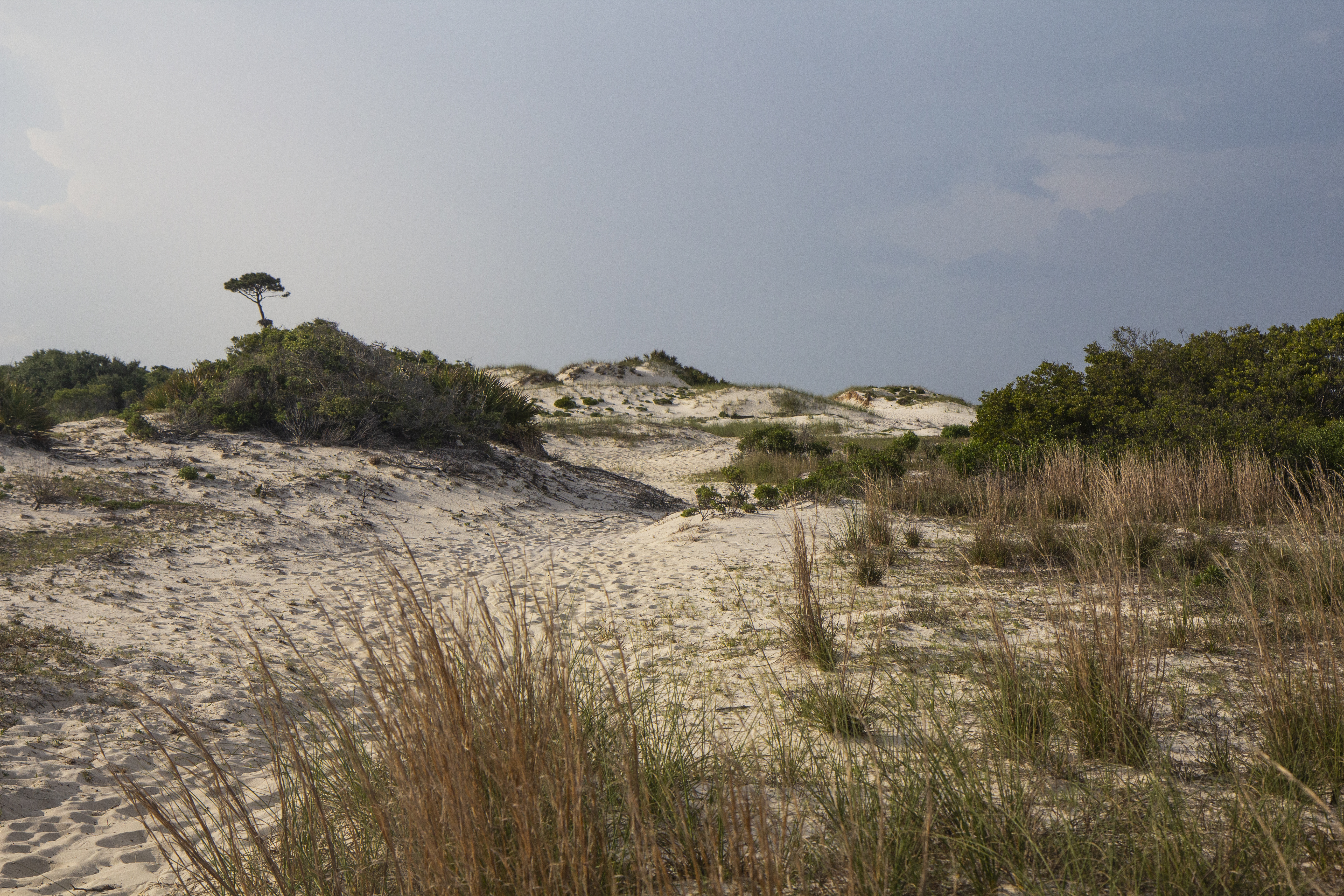News Release

NPS/Dutton
|
Subscribe
|
Contact: Stephenie Wace
On September 3, 1964, Congress signed the Wilderness Act, to preserve and protect the natural ecosystems and wild areas, and provide opportunities for solitude or primitive recreation.Fourteen years later, in 1978, Horn and Petit Bois Islands within Gulf Islands National Seashore were designated as wilderness areas as part of the National Wilderness system. This elevated stature of national significance means the National Park Service is charged with preserving and protecting the wilderness character of the 2,245 acres that comprise these islands (1,564 acres-Horn and 680 acres-Petit Bois) in perpetuity.
As defined by the 1964 Wilderness Management Act, all designated wilderness areas across the Country are constituted by having the following character: natural, solitary/primitive, untrammeled, and undeveloped. Uncommon species of birds, animals, and marine life are also protected on these two islands.
“The wilderness islands at Gulf Island National Seashore provide our visitors a unique opportunity to experience these islands similar to how the first humans to tread their shores did hundreds of years ago,” said John Bernstiel, park ranger. “The designation preserves the tangible and intangible qualities of a wilderness area. Without much human activity on the Horn Island, wilderness can blossom.”
However, these islands are under threat, and without help from people, the public could be in danger of degradation. The Mississippi River functions as a conveyor belt by transporting litter (also known as detritus) and excess nutrients, including increased quantities of fertilizer from the mid-western United States to the Gulf of Mexico. Every year, a dead zone, or an area of low to no oxygen, forms in the Gulf.
This dead zone forms because of too many nutrients in the water. People can help by not throwing trash overboard, becoming wilderness stewards by picking up litter when observed, being conscientious about reducing waste in general, participating in coastal clean-up events sponsored by local communities and conservation organizations, and through such common practices as recycling. Taking these proactive steps s will help ensure the wilderness integrity of Horn and Petit Bois Islands is protected for the benefit of future generations to come.
“As the Superintendent of Gulf Islands National Seashore, please accept the invitation to join the National Park Service as ambassadors in fulfilling its management responsibility and commitment to wilderness stewardship by taking a moment to reflect upon what wilderness may mean to you and contemplating some practices that you and your family may want to embrace in protecting the outstandingly remarkable values of the wilderness areas inherent to Horn and Petit Bois Islands,” said Rick Clark, new Gulf Islands National Seashore superintendent.
Join us in recognizing this anniversary to learn about the many benefits of wilderness.
Ways to get involved:
Volunteer to clean up a barrier island with Barrier Island Cleanup Initiative | Mississippi Coastal Cleanup (msstate.edu)
Attend a wilderness program.
Program: Going Wild for Wilderness (Campfire Program) Walk-up
Location: Davis Bayou Campground Amphitheater
Time: Saturdays’, September 21st and 28th at 6:30 PM
Learn more at Wilderness - Gulf Islands National Seashore (U.S. National Park Service) (nps.gov)
Last updated: September 3, 2024
